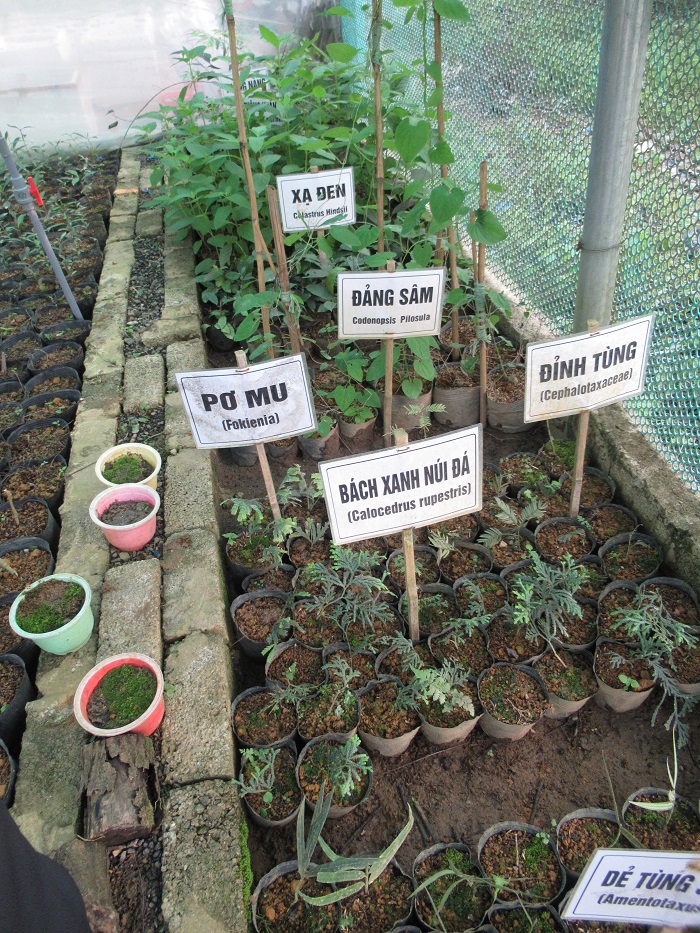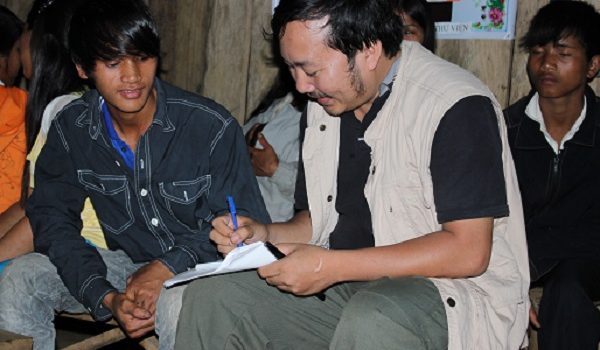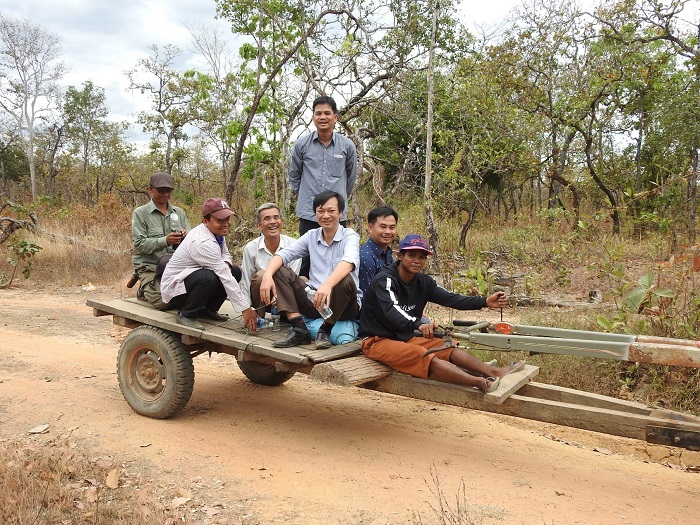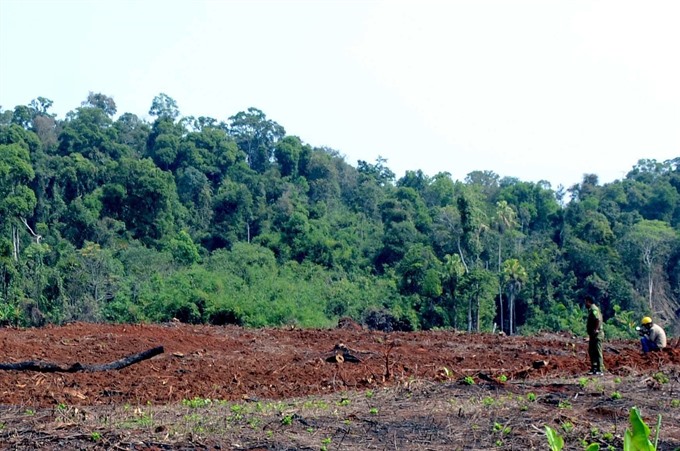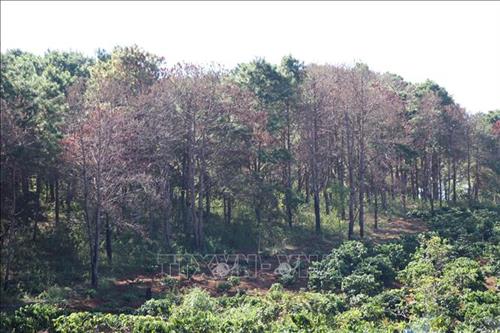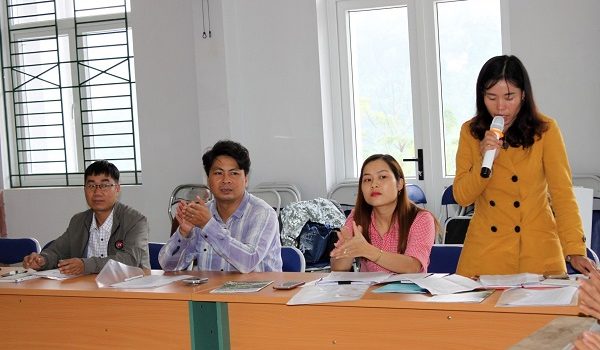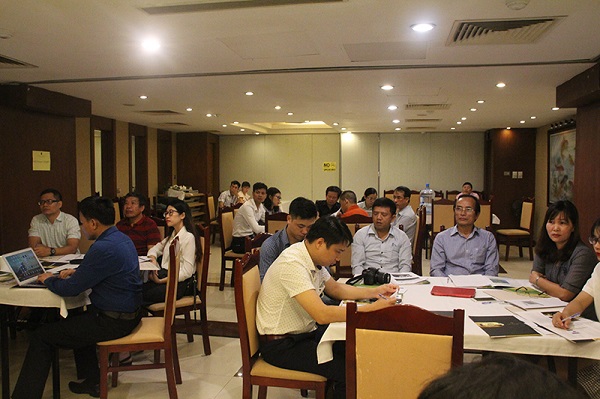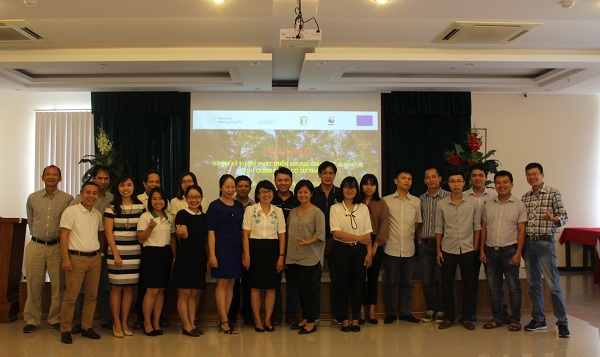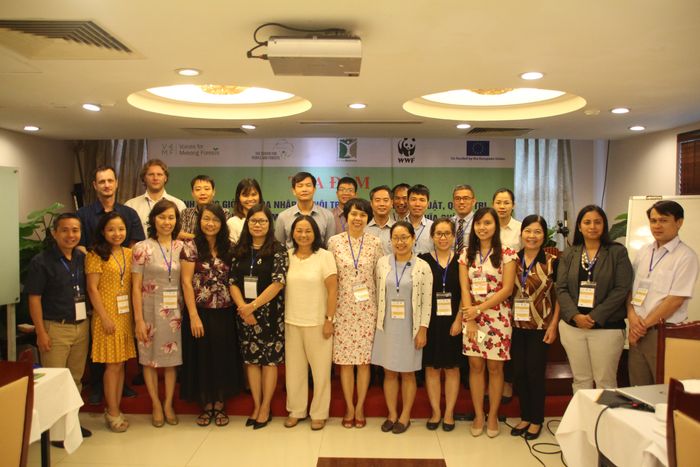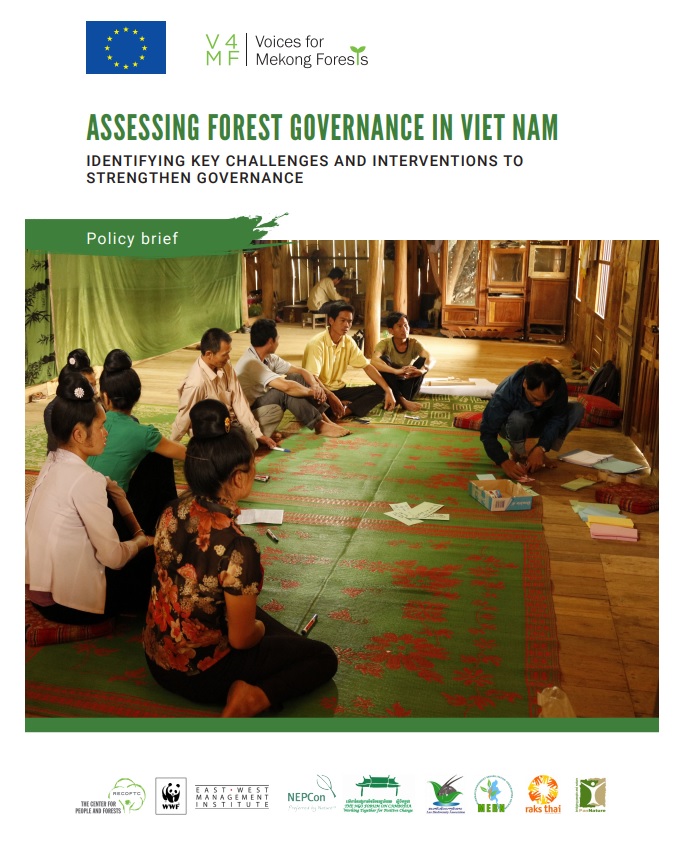Final Workshop to Conclude the Project on Promoting Ethnic Women’s Participation
On March 29th 2019, People and Nature Reconciliation (PanNature) in collaboration with the Women’s Union of Xuan Nha Commune and the Management Board of Xuan Nha Nature Reserve organized a workshop to conclude the Project on Promoting the Participation of Women in Natural Forest Restoration in Xuan Nha Natural Reverse at the Community Learning Center of Xuan Nha commune, Van Ho district, Son La province.

